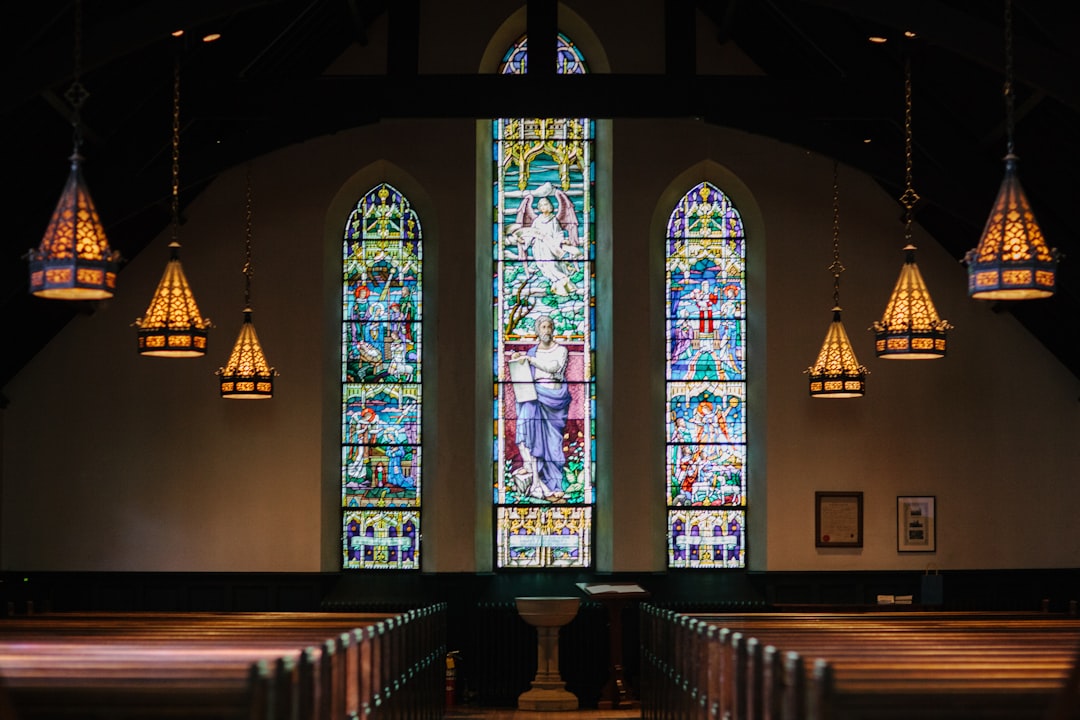Clergy abuse is a serious issue involving power imbalances, trust breaches, and emotional trauma caused by religious leaders' misconduct, including manipulation, coercion, verbal and physical abuse, and sexual misconduct. Victims face severe mental health consequences, legal challenges, and interpersonal difficulties. In New Jersey, specialized clergy abuse lawyers are crucial for navigating complex cases, safeguarding rights, and ensuring justice through knowledge of religious laws and institutional policies. Selecting the right lawyer with NJ bar membership, relevant experience, and a proven track record is essential. The legal process involves reporting incidents to authorities, evidence gathering, witness interviews, and trial complexities. Many survivors also require supportive resources for healing, rebuilding lives, and connecting with like-minded communities, often collaborating with lawyers for comprehensive care.
“In New Jersey, trusted clergy abuse attorneys play a pivotal role in addressing and resolving cases of spiritual exploitation. This comprehensive guide delves into the intricacies of clergy abuse, recognizing patterns that often go unseen. We explore the crucial role legal representation plays in these sensitive matters, highlighting qualifications to look for in choosing the right attorney. From understanding the New Jersey legal process to accessing supportive resources, this article equips survivors and concerned individuals with knowledge, ensuring they receive the justice and support they deserve.”
Understanding Clergy Abuse: Recognizing the Patterns and Impact

Clergy abuse is a sensitive and complex issue that often involves power dynamics, trust betrayal, and emotional trauma. Recognizing patterns is crucial for understanding this problem and providing adequate support to victims. Many cases involve repeated instances of inappropriate behavior, manipulation, and coercion by religious leaders over an extended period. These behaviors can range from verbal abuse and emotional manipulation to physical assault and sexual misconduct.
The impact of clergy abuse can be profound and lasting. Victims may experience anxiety, depression, post-traumatic stress disorder (PTSD), and other mental health issues. It can lead to a breakdown in faith, loss of community support, and difficulties in forming healthy relationships. Having a trusted clergy abuse lawyer in New Jersey can help victims navigate these challenges by providing legal counsel, supporting them through the justice process, and ensuring their rights are protected.
The Role of Legal Representation in clergy Abuse Cases

When facing allegations of clergy abuse, victims often require more than just emotional support. Legal representation plays a pivotal role in safeguarding their rights and ensuring they receive justice. In New Jersey, trusted clergy abuse lawyers are equipped to navigate the complexities of these sensitive cases. They provide crucial guidance, helping clients understand their legal options and the potential outcomes.
These attorneys specialize in advocating for victims, working closely with them to gather evidence, interview witnesses, and construct a solid case strategy. Their expertise lies in interpreting religious laws and institutional policies, which are often intricate and unique. By employing strategic legal maneuvers, clergy abuse lawyers in New Jersey aim to hold perpetrators accountable while offering victims the closure they deserve.
Choosing the Right Attorney: Key Qualifications and Expertise for Your Case

When seeking a lawyer to represent your case involving clergy abuse in New Jersey, it’s crucial to make an informed decision. Choosing the right attorney can significantly impact the outcome of your legal journey. Look for a clergy abuse lawyer who specialises in this specific area of law, as they will have in-depth knowledge of the unique challenges and complexities these cases present.
Key qualifications to consider include bar membership and licensing in New Jersey, substantial experience handling similar cases, and a proven track record of success. Expertise in areas such as civil litigation, church law, and sexual harassment or assault is particularly valuable. Ensure the lawyer you choose has a deep understanding of the local legal landscape and can provide a strategic approach tailored to your specific needs and goals.
Navigating the Legal Process: From Reporting to Trial in New Jersey

Navigating the legal process regarding clergy abuse cases in New Jersey involves several steps, from initial reporting to potential trial. The first step is often to report the suspected abuse to the appropriate authorities or law enforcement, who can initiate a formal investigation. In New Jersey, there are specific procedures for handling such complaints, ensuring a thorough and sensitive approach.
Once the investigation begins, victims may choose to involve a clergy abuse lawyer in New Jersey to guide them through the legal system. These attorneys specialize in complex cases involving religious institutions and have extensive knowledge of state laws and regulations. They can assist with gathering evidence, interviewing witnesses, and navigating the potential complexities of a trial, ensuring that justice is sought and served fairly.
Supportive Resources for Survivors: Beyond Legal Assistance

Many survivors of clergy abuse seek more than just legal recourse; they need supportive resources to help them heal and rebuild their lives. Beyond legal assistance, New Jersey offers various organizations dedicated to supporting individuals who have experienced sexual or emotional abuse by religious leaders. These resources provide a safe space for sharing experiences, offer counseling services, and connect survivors with like-minded communities.
Clergy abuse lawyers in New Jersey often collaborate with these support networks to ensure comprehensive care for their clients. By referring survivors to trusted organizations, attorneys can facilitate the healing process while focusing on legal strategies tailored to each individual’s needs. This collaborative approach recognizes that recovery is a multifaceted journey and requires both professional legal advocacy and emotional support.






